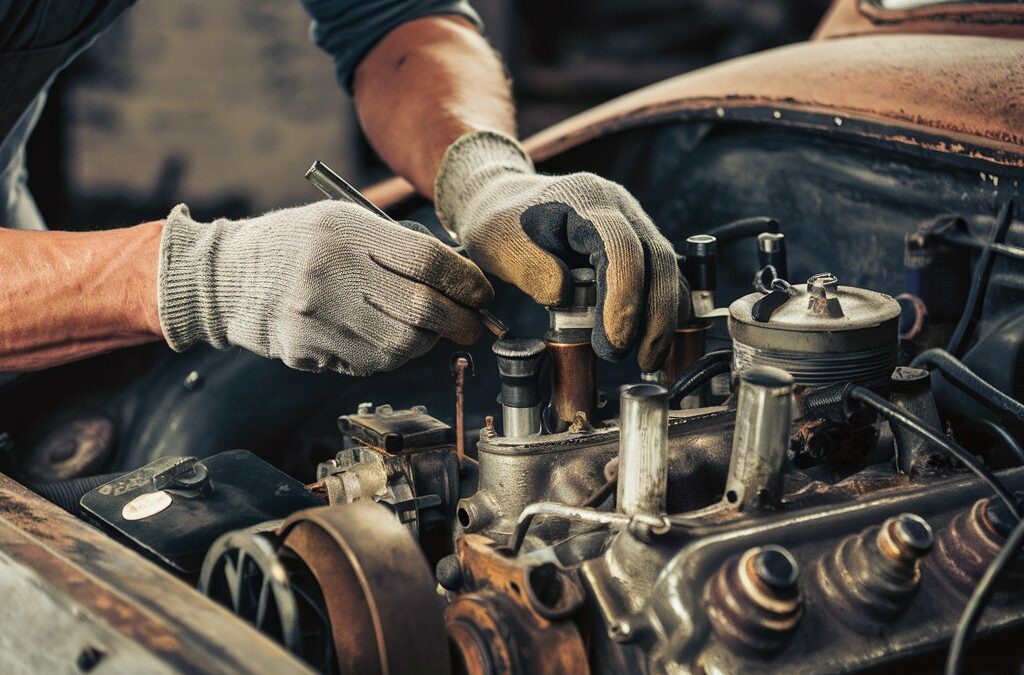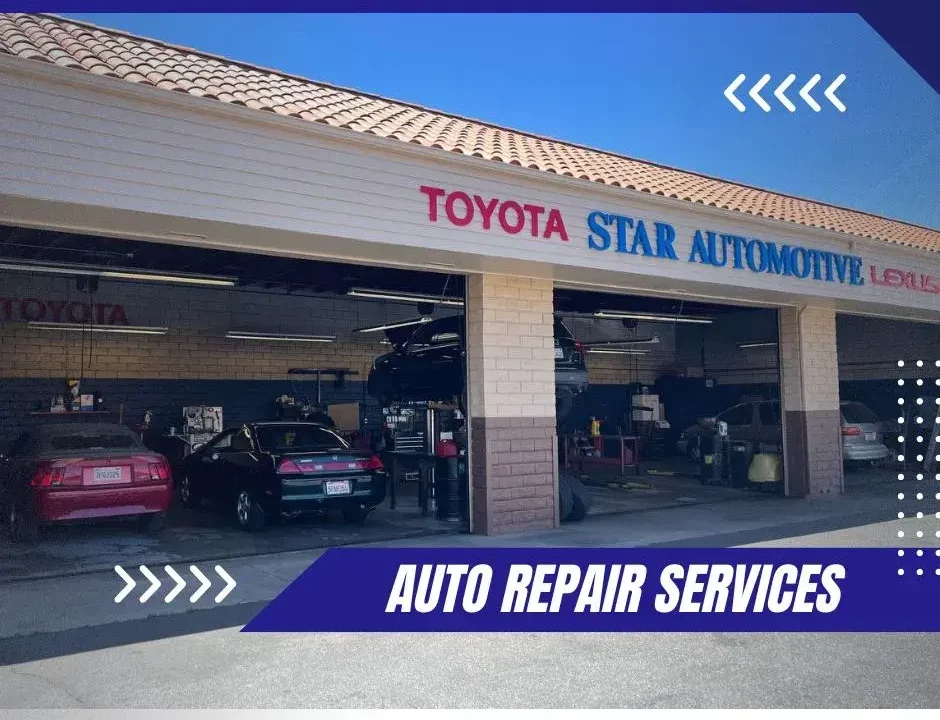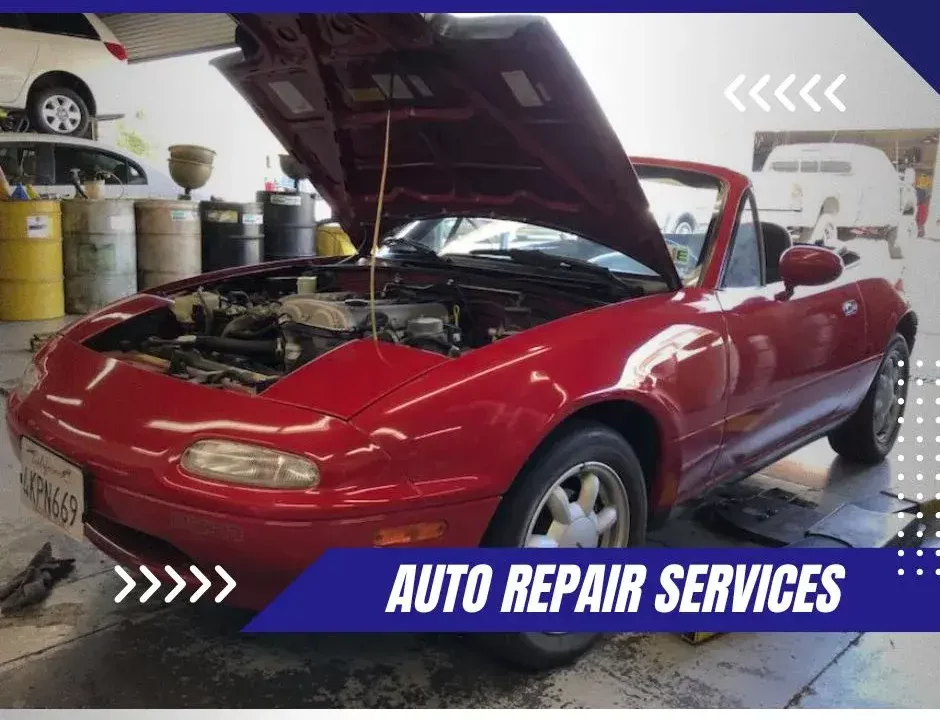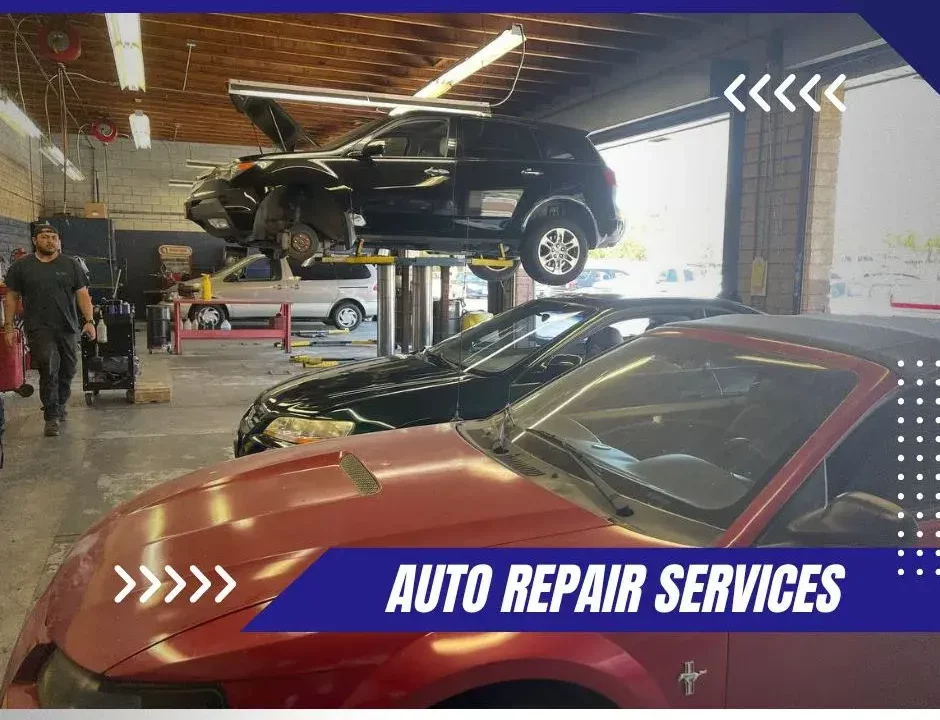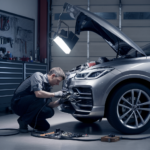
Step-by-Step Guide to Rebuilding Your Engine at Home
August 11, 2024
Comprehensive Guide to Replacing a Toyota Head Gasket
August 14, 2024The pursuit of auto repair in automotive engines necessitates meticulous attention to the cleanliness of the engine block. While basic degreasing and high-pressure water sprays provide a foundational level of cleanliness, advanced techniques such as ultrasonic cleaning and chemical bath immersion delve deeper, addressing microscopic contaminants that can impede engine efficiency. Each method offers unique benefits and challenges, from the precision of ultrasonic waves in dislodging minute particles to the thoroughness of thermal cleaning in removing stubborn residues. However, selecting the most appropriate cleaning technique requires a balance of effectiveness, safety, and impact on engine longevity, a topic worth exploring further.
Basic At-Home Cleaning Methods
For basic at-home engine block cleaning, one effective method involves using a degreaser and a high-pressure water spray to remove oil, grime, and debris. The process begins with selecting a suitable degreaser, specifically designed for automotive use to ensure compatibility with engine materials and effectiveness in breaking down petroleum-based substances.
Apply the degreaser liberally over the engine block, allowing it to sit for the duration specified by the manufacturer. This dwell time is crucial for the chemical action to penetrate and lift the contaminants.
Once the degreaser has set, use a high-pressure water spray to thoroughly rinse the engine block. The water pressure should be strong enough to dislodge residual debris but not so forceful as to damage engine components. Be meticulous in the rinsing process to ensure all degreaser and loosened contaminants are completely washed away.
As part of a community passionate about maintaining automotive excellence, it’s important to perform these steps with precision and care. Regular cleaning not only preserves the functionality and efficiency of your engine but also fosters a sense of pride and belonging among fellow enthusiasts who value performance and longevity in their vehicles.
Advanced Professional Techniques
Professional automotive technicians often employ sophisticated equipment and specialized chemical agents to achieve a deeper, more thorough cleaning of engine blocks. Using advanced methods not only extends the lifespan of the engine but also ensures that it operates at peak efficiency. These procedures, though more complex, provide significant benefits over basic cleaning techniques.
To elucidate, here are some key steps involved:
- Ultrasonic Cleaning: This method uses high-frequency sound waves to agitate a liquid solution, which meticulously removes accumulated deposits and contaminants from deep within the engine block’s surface. The precision of ultrasonic waves ensures that even the most stubborn residues are dislodged.
- Thermal Cleaning: By applying controlled heat, thermal cleaning effectively burns off residual grease, oil, and carbon deposits. Post thermal treatment, the block undergoes a blast phase where small steel shots are used to remove the ash residue, resulting in a pristine surface ready for further inspection or machining.
- Chemical Bath Immersion: Engine blocks are submerged in specially formulated chemical solutions designed to dissolve tough residues without harming the metal. Technicians carefully monitor the solution’s temperature and composition to maximize cleaning power while protecting the engine’s integrity.
These advanced techniques not only clean but also restore the engine block to a near-original state, making them indispensable in professional auto repair and restoration.
In conclusion, meticulous cleaning of the engine block is paramount for the sustenance of optimal vehicular performance. Employing both rudimentary and sophisticated cleaning strategies ensures the removal of deleterious materials, thereby enhancing the efficiency and longevity of the engine.
Whether through simple at-home methods or through advanced professional techniques, the pursuit of engine purity is a critical endeavor. It serves as the cornerstone for maintaining not only mechanical integrity but also operational excellence.
Next article Prev article
